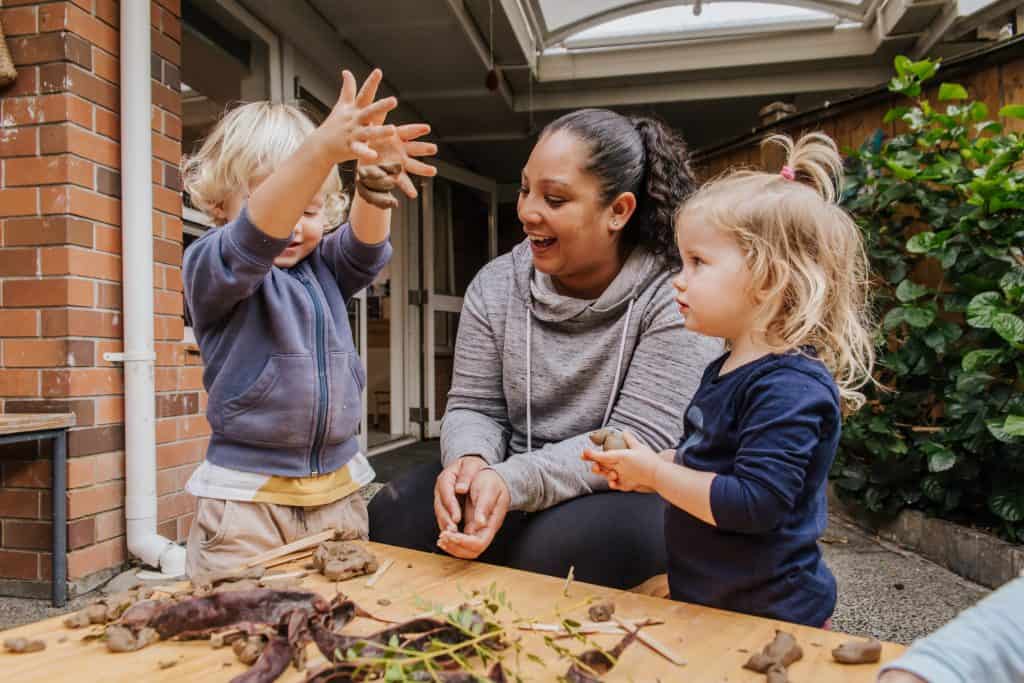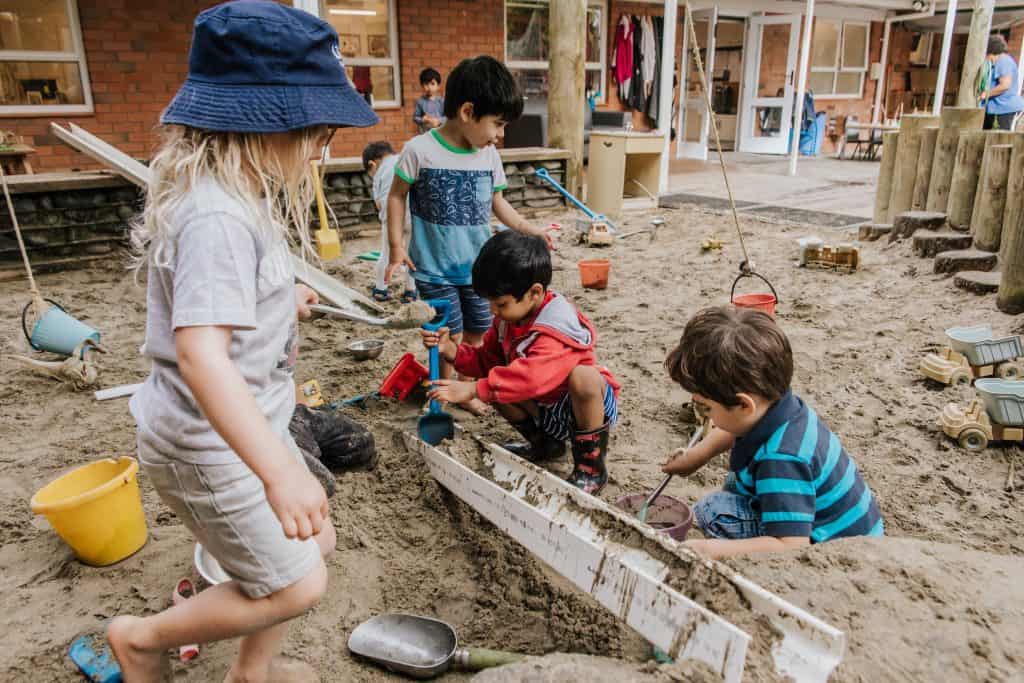theteam@theeducationhub.org.nz
Postal Address
The Education Hub
110 Carlton Gore Road,
Newmarket,
Auckland 1023
Working theories are an important process of knowledge construction and meaning-making for young children.

An introduction to the role of inquiry in curriculum design.

An introduction to the concept of working theories and their implications for curriculum design in early childhood programmes.

A closer look at the role of the teacher in promoting and supporting the development of children’s working theories in early childhood education.

Dr Daniel Lovatt returns to share some extended examples of how teachers can support children’s working theories.

Dr Daniel Lovatt (Aro Arataki Early Childhood Centre) and Dr Vicki Hargraves discuss how children use working theories to make sense of their world, and offer practical advice for teachers.

Discover how one early childhood centre approaches a project-focused curriculum.

Exploring the local community provides many valuable learning opportunities,

Explore how a kindergarten uses extended projects to embrace and celebrate children’s exploration.

Explore how children’s wonderings and questions can spark inquiries and cross-curricular learning.

How children’s interests, wonderings and questions can create authentic community partnerships.

As children explore the world, around them, there are countless opportunities to explore their ideas and build their understand.